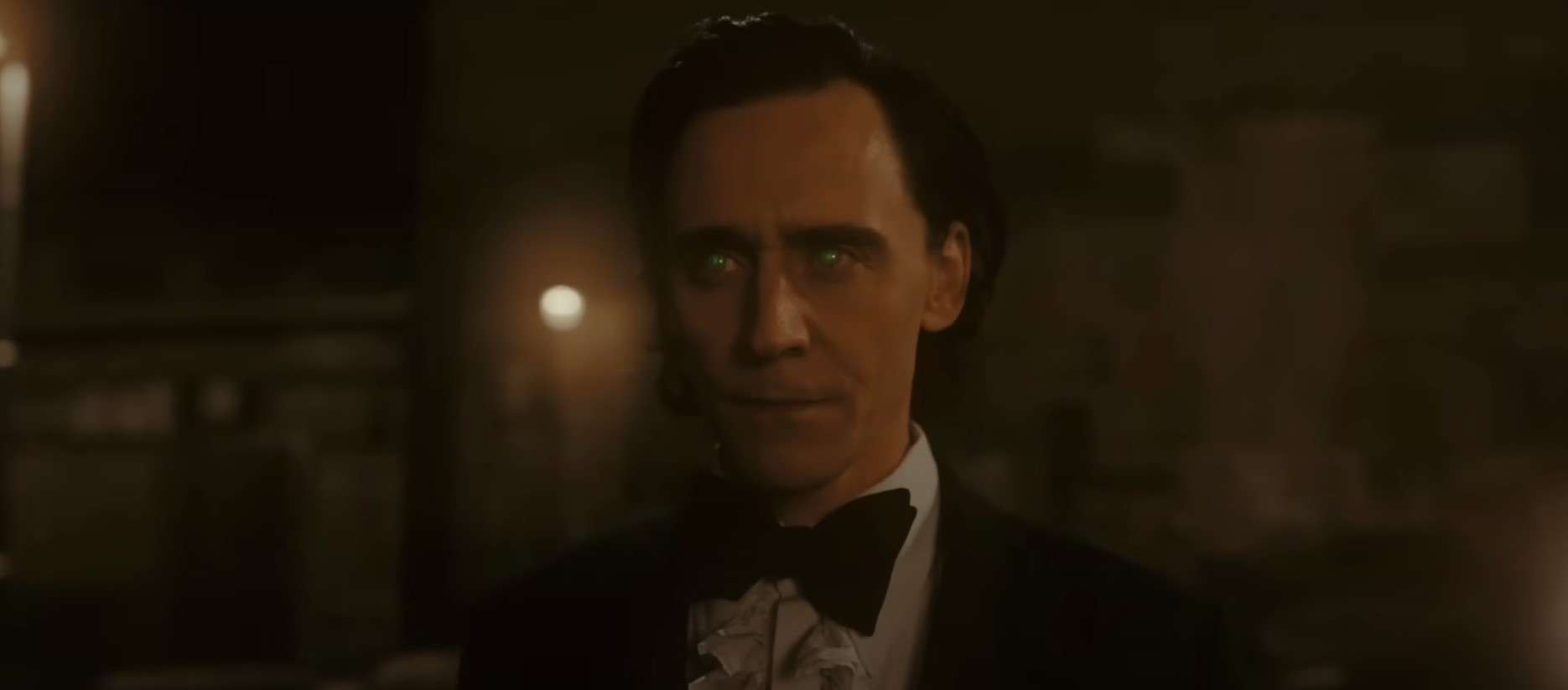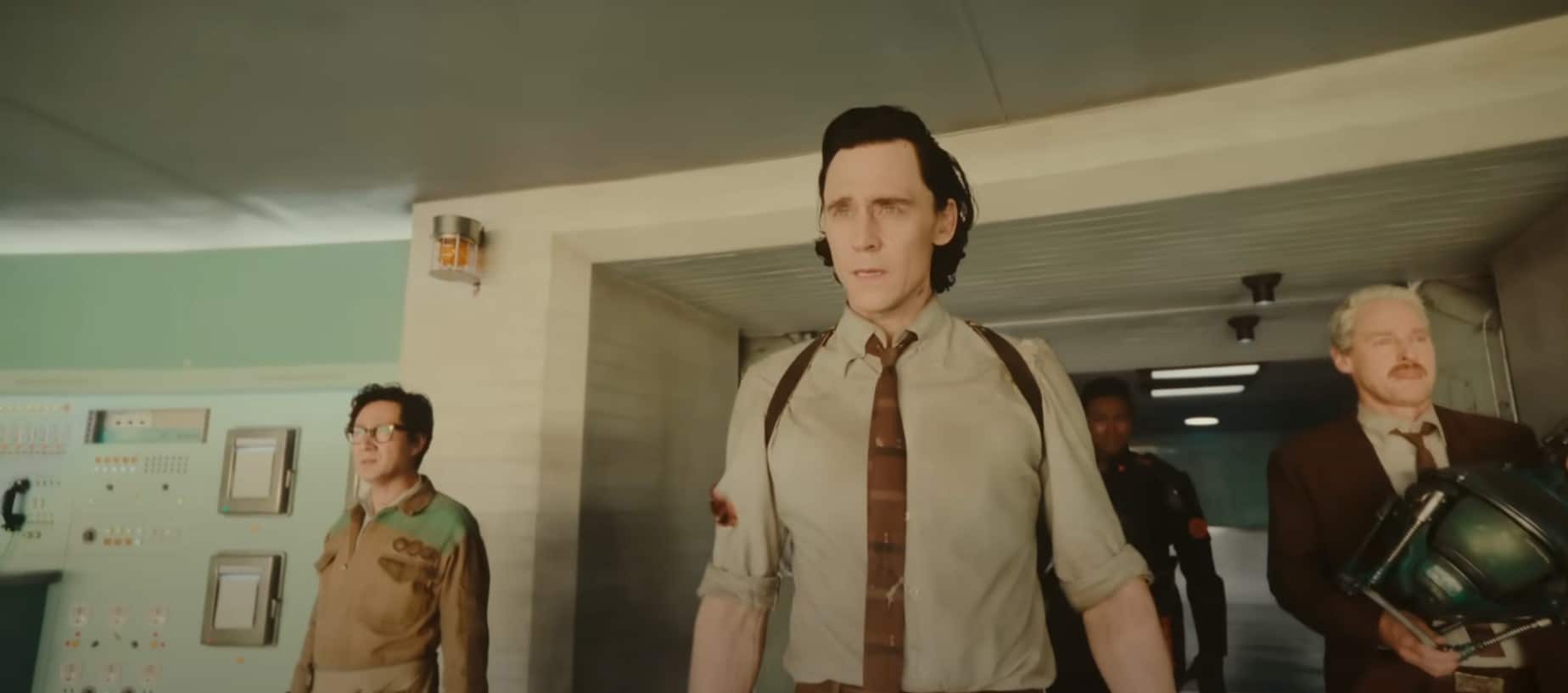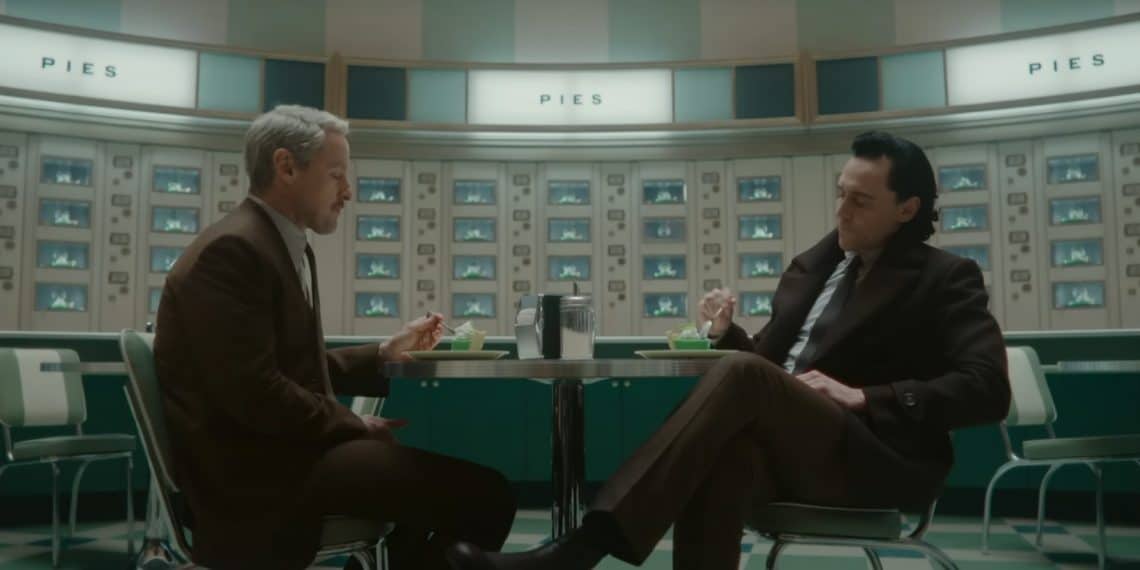The Marvel Universe continues to expand with Tom Hiddleston reprising his role as the villain Loki, now working to save his name and the world all over a convoluted plot that might many a viewer confused. I know I was and I had to go to some other films to try and understand that whole concept of time slippage.
For time slippage in Loki Season 2 Episode 1 and the upcoming episodes looks like it is fundamental for us to comprehend. As such, I managed to prepare a recap and what I consider is my interpretation of this time travel saga and how it affects heroes and villains in the latest iteration of Marvel’s Loki.
Remember, there’s a lot of episodes ahead, and along the way we might have a more reasonable explanation of just what the hell is going on with this back and forth and how does it impact the heroes and more importantly, how does that make the antagonists stronger.
Remember, Stan Lee once said that it was harder to create a villain for a superhero than it is to write a new adventure for a hero. Why? Because in many ways, when the plot evolves, the villain is oftentimes more powerful than the superhero, and it is up to the hero to use their wits and powers to have things end up on their side.

Loki Season 2 Episode 1 Recap
To pick up on Loki’s sophomore season debut we need a little context from season one. Remember those time-slippage events right at the debut season where Loki, after getting pushed through a time-travel door by Sylvie? Well, we start things off with Loki in a past version of the TVA.
Then, we’re introduced to the “Ouroboros” concept, in mythology, that’s a snake that eats its own tail constantly and perpetually. something that closely parallels the nature of the Sacred Timeline. Then, we must cover how that time slippage has a direct relation to the “He Who Remains” and his time pad for another sort of “Sciencey” concept of quantum entanglement.
Now, just exactly is going to get out of this is up for grabs, it surely involves Mobius using some sort of aura to remove him from that time loop.
After this, we cover Kang The Conqueror, that seems to be the same villain from Ant-Man and Wasp: Quantumania, is he going to become “He Who Remains”? Now, as for the destruction of the TVA and Kang’s conquest this seems all to be gears and cogwheels of a predetermined cycle, can this lead to a secret war? Can this lead to the restoration of Free Will in the Marvel Multiverse?
Iny any case it’s simply too early to find out.
Loki Season 2 Official Trailer
Loki Season 2 Episode 1 Ending Explained
Kicking off right at the end of season one’s cliffhangers Loki is another dimension, a time warped dimension, he’s unfamiliar to his TVA surroundings, there’s a bunch of imagery that reminds us of He Who Remains, and there’s a Mobius who has no idea of who the hell Loki is.
Loki uses his wits to find out that he’s in the past, that explains why Mobius has no clue as to who he is. Because of the quantum concept, time is moving back and fro and Loki is stuck in the middle of it. Now, while the premiere episode of season 2 might’ve given us an idea as to how this effect become stopped, we’re still to know whether or not this effect worked for good.
That whole “Time Keepers” thing is just a ruse, they’re not real, He Who Remains is the puppetmaster in this racket. And as for the whole TVA deal, it appears as though it exists outside of the time fabric. Think of time as a fabric that can fold, bend and extend. That Ouroboros entity seems to be aware of that, but he —kinda— thinks that bending the time continuum is not possible.
However, from what we can see from this detail-heavy episode, not only is it possible but it also gives way for the possibility that TVA agents’s minds are erased in the process.

The Problem With Time Slippage Marvel Can’t Seem To Explain
Lastly, this brings me to something we need to cover, since time is a flexible concept here, and Marvel has gone to great lengths to try and explain how that phenomenon works. But as it seems. Marvel isn’t following the rules they put in place with that whole quantum unverse.
How come any changes in the past don’t affect the future? How come it creates a warped timeline? Now, this could avoid a paradox —of the Marty McFly/Doc Brown sort—, and then again it also tangentially covers the concept of time slippage we saw on Nolan’s Interstellar. Still, this is another franchise, this is another series, and the concepts seem to be different.
If you can move in the future and affect it, that makes the villain a formidable adversary, still it makes the heroes go through a lot of hoops to get it done. It’s too early to tell but we’ll see how things go.




